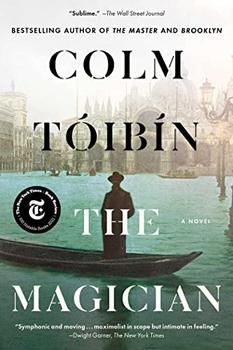Summary | Excerpt | Reading Guide | Reviews | Read-Alikes | Genres & Themes | Author Bio

Passionate, profound and deeply moving - Cunningham's most remarkable achievement to date. 1999 Pulitzer Prize Winner.
In The Hours, Michael Cunningham, who is recognized as "one of our very best writers" (Richard Eder, Los Angeles Times), draws inventively on the life and work of Virginia Woolf to tell the story of a group of contemporary characters who are struggling with the conflicting claims of love and inheritance, hope and despair.
The novel opens with an evocation of Woolf's last days before her suicide in 1941, and moves to the stories of two modern American women who are trying to make rewarding lives for themselves in spite of the demands of friends, lovers, and family.
Clarissa Vaughan is a book editor who lives in present-day Greenwich Village; when we meet her, she is buying flowers to display at a party for her friend Richard, an ailing poet who has just won a major literary prize. Laura Brown is a housewife in postwar California who is bringing up her only son and looking for her true life outside of her stifling marriage.
With rare ease and assurance, Cunningham makes the two women's lives converge with Virginia Woolf's in an unexpected and heartbreaking way during the party for Richard. As the novel jump-cuts through the twentieth century, every line resonates with Cunningham's clear, strong, surprisingly lyrical contemporary voice.
Passionate, profound and deeply moving, The Hours is Michael Cunningham's most remarkable achievement to date.
Winner of the 1999 Pulitzer Prize in Fiction and the 1999 PEN/Faulkner Award for Fiction.

If you liked The Hours, try these:

by Colm Toibin
Published 2022
From one of today's most brilliant and beloved novelists, a dazzling, epic family saga centered on the life of Nobel laureate Thomas Mann, spanning a half-century including World War I, the rise of Hitler, World War II, and the Cold War.

by Anna Solomon
Published 2021
For fans of The Hours and Fates and Furies, a bold, kaleidoscopic novel intertwining the lives of three women across three centuries as their stories of sex, power, and desire finally converge in the present day.
The secret of freedom lies in educating people, whereas the secret of tyranny is in keeping them ignorant
Click Here to find out who said this, as well as discovering other famous literary quotes!